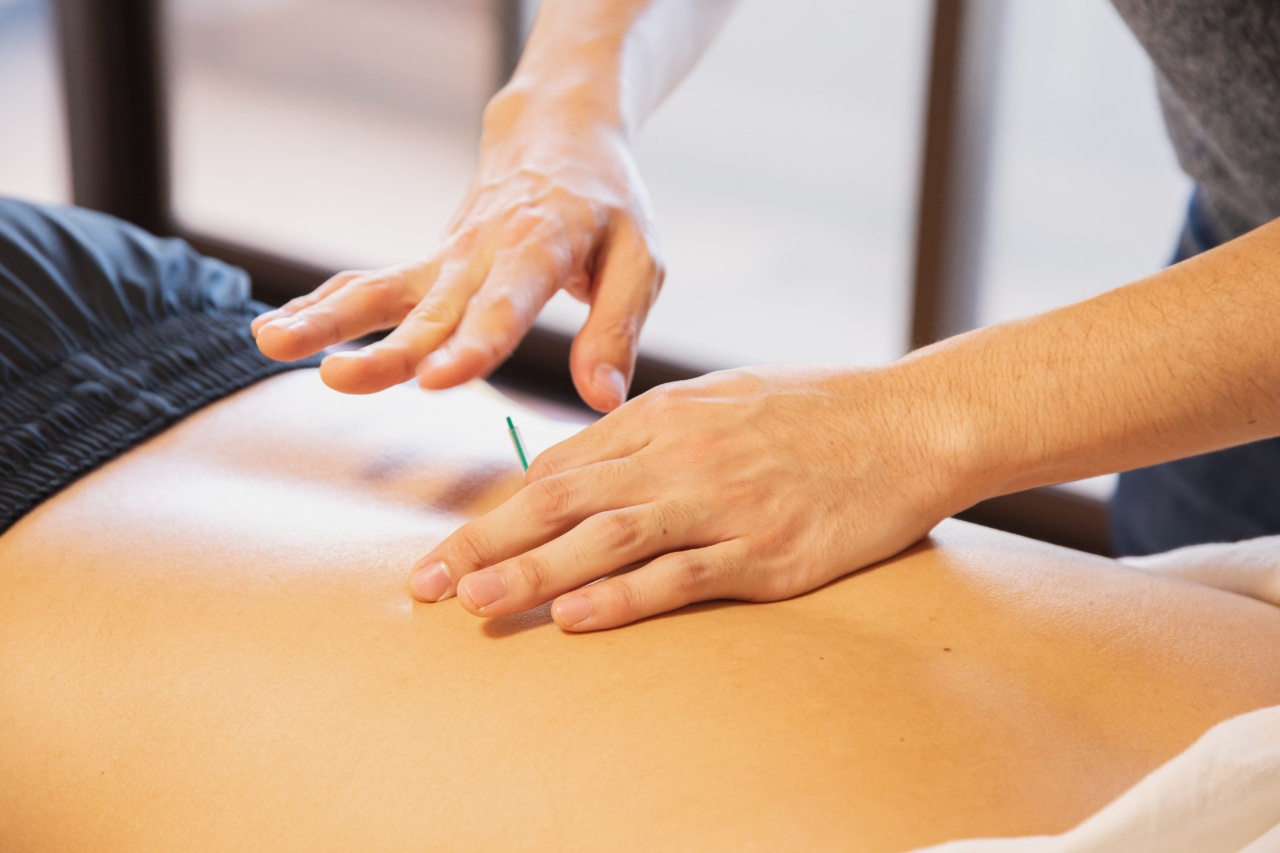Allergies are a common immune system response to substances that are harmless to most people.
These substances, known as allergens, can trigger various symptoms such as sneezing, itchy eyes, nasal congestion, and skin rashes in individuals with allergies.
Conventional Treatments for Allergies
Individuals suffering from allergies often turn to over-the-counter antihistamines, decongestants, and nasal sprays for relief. In more severe cases, prescription medications such as corticosteroids may be prescribed.
While these treatments can provide temporary relief, they often come with unwanted side effects and do not address the root cause of the allergies.
The Role of Acupuncture in Allergy Treatment
Acupuncture, an ancient Chinese healing technique, has gained popularity as a natural and holistic approach to treating allergies. It involves inserting thin needles into specific points on the body to stimulate energy flow and restore balance.
How Acupuncture Works for Allergies
Acupuncture works by regulating the immune system and reducing inflammation, which are key factors in allergic reactions.
By promoting the body’s natural healing mechanisms, acupuncture can help alleviate allergy symptoms and prevent future allergic responses.
Research on Acupuncture for Allergies
Multiple studies have shown the benefits of acupuncture in treating allergies.
A study published in the journal Annals of Internal Medicine found that acupuncture significantly improved symptoms and quality of life in individuals with allergic rhinitis compared to a control group.
Acupuncture Points for Allergy Relief
There are several acupuncture points that are commonly used for allergy relief. These points include:.
- Large Intestine 4 (LI4): Located between the thumb and index finger, LI4 is believed to relieve sinus pain and congestion.
- Yintang: Located between the eyebrows, Yintang can provide relief from nasal congestion and headaches.
- Stomach 36 (ST36): Found below the kneecap, ST36 is known for its immune-boosting properties and can help reduce allergic symptoms.
- Lung 7 (LU7): Situated on the wrist, LU7 is often used for respiratory conditions and can help alleviate allergy-related coughing and wheezing.
Acupuncture Treatment Process
During an acupuncture session for allergies, a licensed acupuncturist will first assess the individual’s overall health and specific allergy symptoms.
The acupuncturist will then determine the appropriate combination of acupuncture points to target the underlying imbalances causing the allergies.
The thin acupuncture needles are inserted gently into the chosen points, resulting in minimal to no pain. The needles may be left in place for 20 to 30 minutes while the individual relaxes.
Some acupuncturists may also incorporate other techniques, such as cupping or herbal medicine, to enhance the effects of the treatment.
Benefits of Acupuncture for Allergies
Acupuncture offers several benefits for allergies:.
- Natural and Drug-Free: Unlike conventional allergy medications, acupuncture does not rely on drugs and their potential side effects.
- Long-Term Relief: Acupuncture treats the root cause of allergies, providing long-term relief rather than just temporarily suppressing symptoms.
- Minimal Side Effects: Acupuncture is generally safe with minimal side effects when performed by a qualified practitioner.
- Improved Quality of Life: By reducing allergy symptoms, acupuncture can greatly improve an individual’s quality of life, allowing them to engage in activities without discomfort.
Integrating Acupuncture with Other Therapies
Acupuncture can be an effective standalone treatment for allergies, but it can also complement other therapies.
Many individuals choose to combine acupuncture with dietary changes, herbal medicine, and lifestyle modifications to further enhance their allergy management.
Choosing an Acupuncturist
When seeking acupuncture for allergy treatment, it is important to choose a licensed and qualified acupuncturist. They should have extensive knowledge and experience in treating allergies specifically.
Asking for recommendations and reading reviews can help in finding a reputable acupuncturist.
Precautions and Considerations
While acupuncture is generally safe, individuals with bleeding disorders, those taking blood-thinning medications, or individuals with pacemakers should consult with their healthcare provider before undergoing acupuncture.
It is also essential to disclose any other health conditions or medications being taken to ensure safe and effective treatment.
Conclusion
Acupuncture offers a natural and alternative approach to treating allergies by addressing the underlying imbalances in the body.
With its long history of use and growing body of evidence supporting its effectiveness, acupuncture has become a popular choice for individuals seeking to heal their allergies without relying solely on medications.































